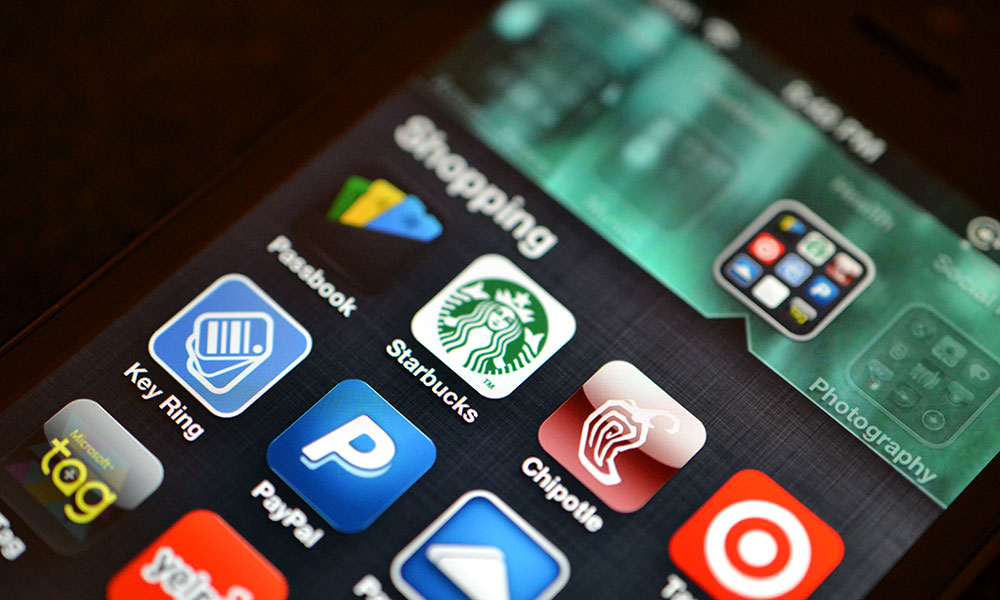
The Future of Mobile Payments: Big Retail Tries the Starbucks Approach
Starbucks may be a mobile-payments success story, but it's one of just a few. An industry coalition is working to bring the approach to the rest of the retail sector (along with its side benefit of cutting down on swipe fees), but pulling it off may not be easy.
Every time you swipe a credit or debit card, the merchant must pay a transaction fee.
But when Starbucks gets you to pay on your mobile device, it has to pay that fee only when you add more credits to your account—a boon for the coffee giant, which has had much success with mobile payments in recent years. The Atlanta Journal-Constitution notes that 14 percent of Starbucks’ in-store transactions go through the app each week.
It’s an encouraging example for retailers who want to do something similar while avoiding many of the interchange fees that have long been a point of contention in the retail sector.
An Organized Approach
Since 2012, the Merchant Customer Exchange (MCX) has been working on such a payment system.
The coalition—which counts a variety of restaurants, clothing retailers, gas stations, and grocery stores among its members—hopes to tackle the mobile payments sector, which has thus far been defined by Starbucks, as well as tech giants like Google, PayPal, and Square.
The group’s technology, which uses barcodes as Starbucks does, has yet to launch. The concept would borrow some other elements from the Starbucks app by leaning on merchant loyalty programs but creating a one-stop shop for making mobile payments. The system would also tie into the mobile apps for individual retailers, allowing for a more-tailored approach.
The benefits for retail firms are twofold: They’d get access to more consumer data and avoid swipe fees. But the latter is the heart of the matter.
“The core motivator behind MCX is a deep-seated hatred of interchange fees for credit and debit cards,” Yankee Group analyst Jordan McKee told The New York Times. “On the surface it looks like a means for merchants to engage with customers, but it’s really about shifting consumers to a less costly means for paying for goods and services.”
What Could Go Wrong?
But Visa and MasterCard, the primary collectors of swipe fees, warn that mobile payment systems have a serious drawback.
“We get hundreds of attempted hacks a day on our network,” MasterCard’s president of North American markets, Chris McWilton, told the Times. “We spend billions on security. Do you really want to play this game?”
The risks of getting security wrong are severe, as highlighted by the Target saga. Just last week, LifeLock, a provider of identity-theft-protection products and services, took its mobile payments app off the market after finding that it did not meet payment card industry security standards. The revelation led to a nosedive in the company’s stock price.
(Even Starbucks has had some issues on this front.)
MCX is far from the only player in the space. Visa, for example, has encouraged the use of near field communication (NFC) technology. NFC, which requires the installation of new types of registers, already has some pickup from products such as Google Wallet and Isis, a payment system recently introduced by the mobile industry. Even Bitcoin could be a competitor, depending on its real-world uptake.
Where do you see the potential value of mobile payments lying beyond Starbucks? Offer your take in the comments.
(photo by Jason Howie/Flickr)





Comments